Two years ago today: One of biggest climate wins in Oregon history
Today is a significant milestone for Oregon’s climate progress, but it requires a little time traveling to the cusp of the pre-COVID times to fully

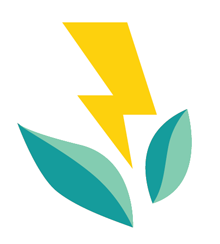
• Why WA needs Clean Fuels Now (pdf)
• Clean Fuels for Washington FAQ (pdf)
Transportation fuels are responsible for nearly half of our climate and harmful air pollution in the Pacific Northwest: 46% of Washington’s greenhouse gas emissions and 36% of Oregon’s. West coast jurisdictions California, Oregon and British Columbia already have Clean Fuel Standard policies to curb and reduce that pollution. Clean Fuels Standards have proved to be an effective means of reducing carbon and air pollution from the transportation sector. They allow consumers to choose cleaner fuels that support local economic development in rural communities and improve public health. Clean Fuel Standards work by requiring oil refineries and importers to reduce the carbon intensity of their fuels, providing more low-carbon fuels and electricity to fuel our transportation system.
In Washington State, consumers spend $8 billion a year on gasoline and diesel. As consumers we now have little choice but to buy and use polluting gasoline and diesel fuel because the oil companies have long maintained a monopoly on our fuel options. By transitioning to clean fuels, we can keep more of this money in state and end our sole reliance on fossil fuels to power our vehicles and transportation systems. Fueling up with electricity costs consumers about a third as much as gasoline, and there are over 2,000 people working in the electric vehicle industry already in Washington. Dependence on a global fuel market is already costly for Washington residents, with volatile fuel prices and rising health care costs.
Health professionals link air pollution directly to asthma, lung cancer, and other respiratory diseases. Cleaning up pollution will protect public health and save us on healthcare costs. A recent study found that California’s Clean Fuel Standard could save $8.3 billion in avoided public health costs by 2025 because of fewer asthma attacks and hospitalizations, lower rates of lung cancer and heart attacks, and thousands of fewer lost workdays. A similar policy in Washington could lead to the same public health benefits by cleaning up our air. Leading public health organizations like the American Lung Association and Puget Sound Clean Air Agency view a Clean Fuel Standard as one of the most important ways to improve public health and transition our transportation to cleaner sources.
Electric cars and other light-duty vehicles are already an important climate solution when charged by a renewable energy-powered grid. Marine vessels, long-haul trucks, and airplanes will likely need to rely on lower carbon liquid fuels for the foreseeable future to reduce their carbon emissions. Just as we are expanding our ability to produce clean electricity, we can source our biofuels from sustainable feedstocks, including used cooking oil, dairy manure, and other waste streams that would otherwise only increase our emissions. A Clean Fuel Standard helps make sure that all of our transportation sector’s energy sources are developed and delivered in harmony with climate and environmental needs. To transport people and goods more efficiently, and over fewer miles, will require a variety of approaches including building and expanding transit systems, as well as safe infrastructure for active modes of transportation, such as walking, cycling, and scootering.
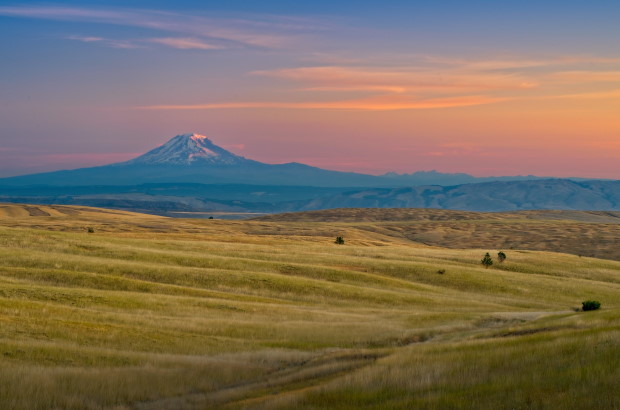
By: Meredith Connolly on
Today is a significant milestone for Oregon’s climate progress, but it requires a little time traveling to the cusp of the pre-COVID times to fully appreciate how far we’ve come.

By: Meredith Connolly on
Oregon's legislators heard your calls to address climate pollution from buildings—but it’s taking a new form. Also, don't miss updates on our statewide other climate priorities.
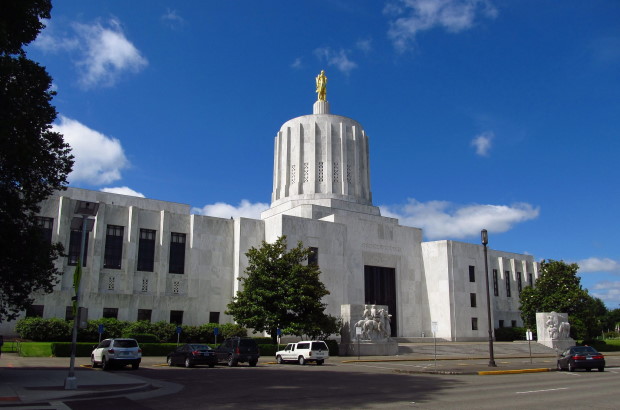
By: Meredith Connolly on
No corner of our state was left untouched by climate-fueled storms and harms last year.
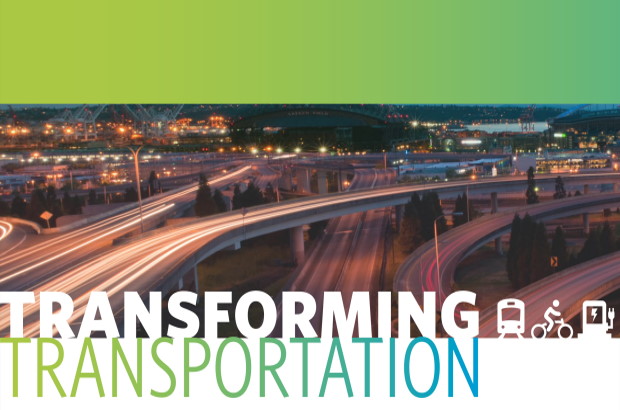
By: Leah Missik on
Transportation is the largest source of our climate pollution in the Pacific Northwest. With new research, Climate Solutions has evaluated options to meet our climate goals in Washington and Oregon, cutting carbon from our transportation system.
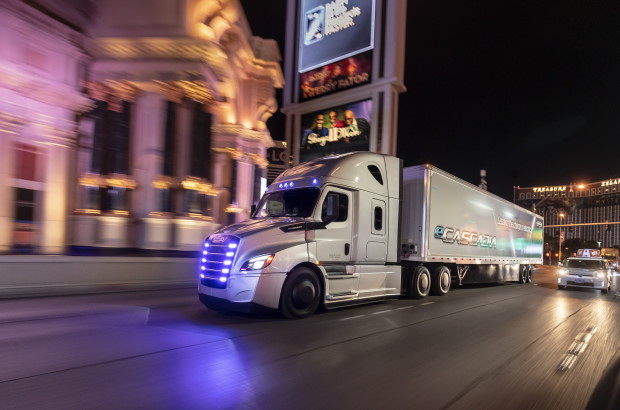
By: Victoria Paykar on
Earlier today, Oregon's Environmental Quality Commission voted to pass the Clean Truck Rules that will help us transition to zero emission trucks and reduce smog pollution from new diesel truck engines.
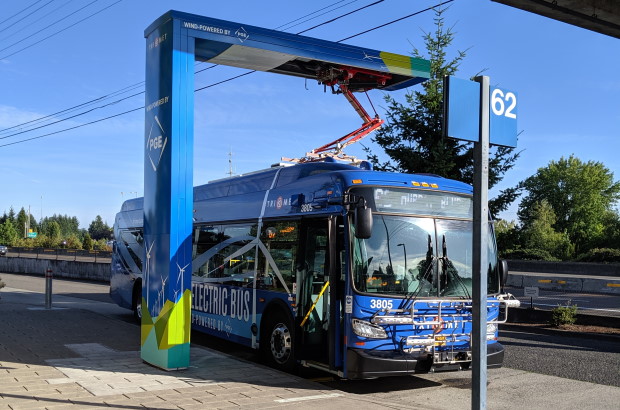
By: Jonathan Lee on
Oregon’s largest public transit agency has committed to fueling its existing fleet of transit vehicles with renewable diesel, as part of its transition to a clean, non-polluting transit vehicle fleet.
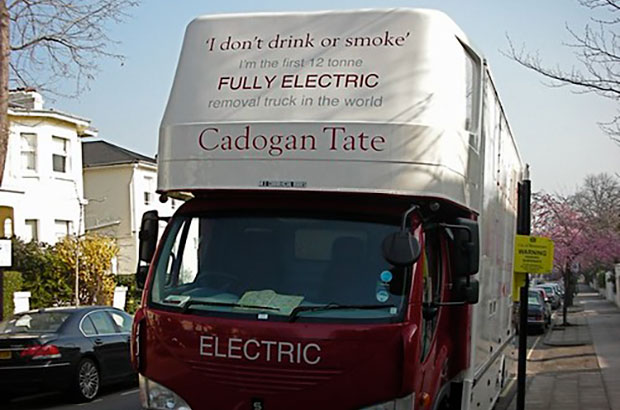
By: Victoria Paykar and Leah Missik on
Right now, both Washington and Oregon are taking important steps to clean up bigger trucks and vehicles. Read on to learn more about these potential rules and how you can help ensure our states adopt them in a strong and equitable way!
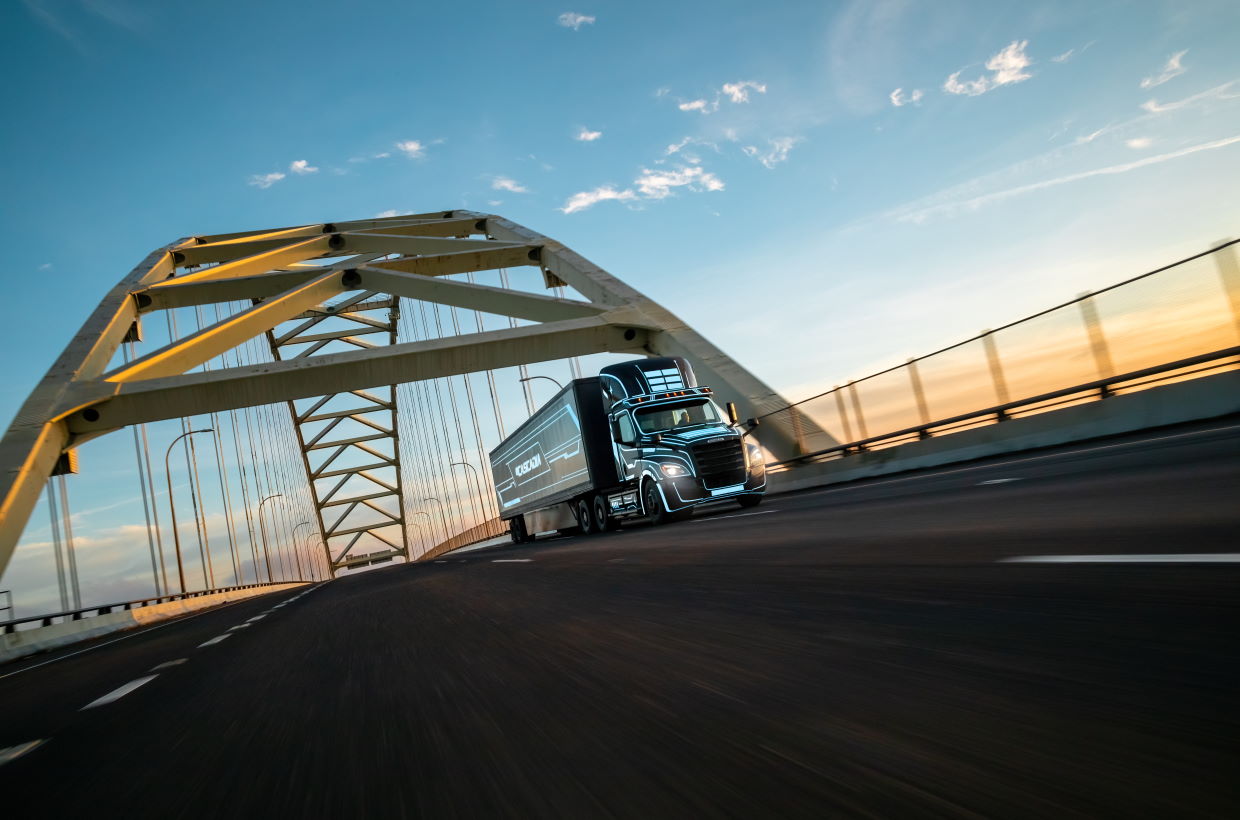
By: Victoria Paykar on
Oregon passed two clean transportation bills so far this year, but our work isn’t over.
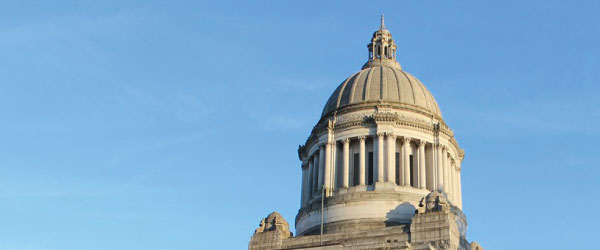
By: Vlad Gutman-Britten on
Our hard-won, 2021 legislative wins on climate are motivated by the idea that tackling the climate crisis can help us create good jobs, it must advance the cause of racial justice, and it must begin to redress past harms and prevent future ones.
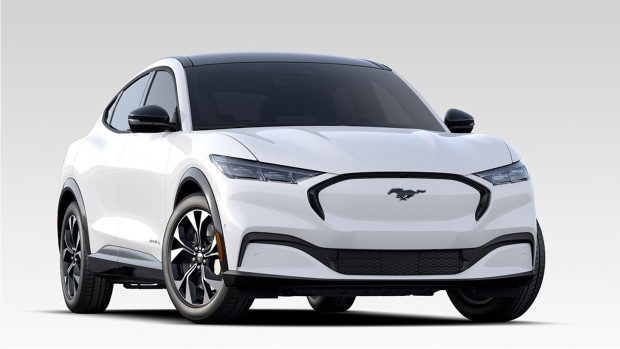
By: Victoria Paykar on
We need your help now to get these important bills across the finish line this session and get more EVs on our roads. But the work won’t stop there.
Join our email list to learn about what we do and how to get involved.
Today is a significant milestone for Oregon’s climate progress, but it requires a little time traveling to the cusp of the pre-COVID times to fully
No corner of our state was left untouched by climate-fueled storms and harms last year.